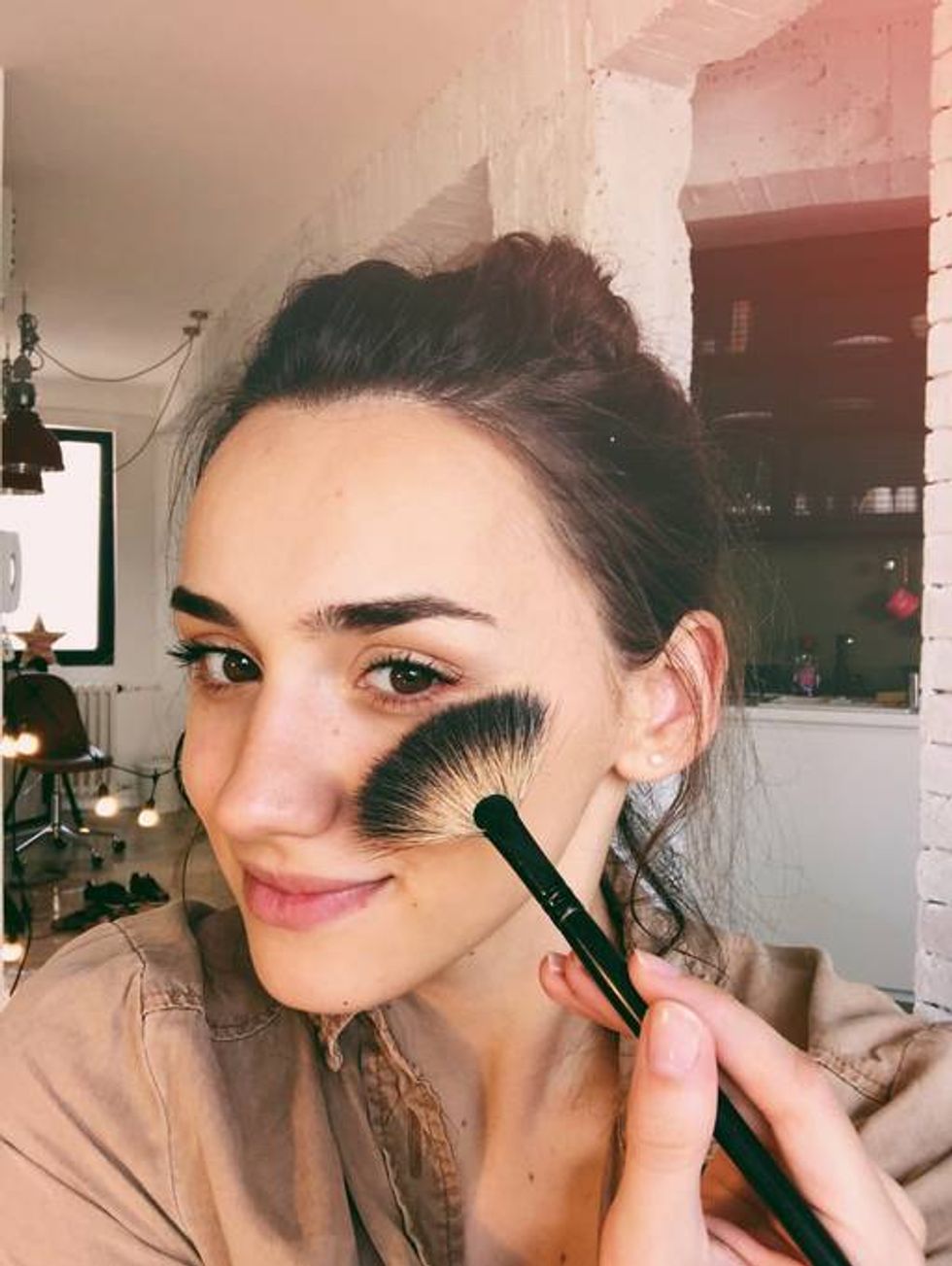Self-Care Is More Than Just Skin Deep
My Husband’s Prostate Cancer Is Terminal, but that Hasn’t Put an End to Our Love for Each Other
November 3, 2025Have a Male Partner? Here’s What You Need to Know About Prostate Cancer
November 4, 2025
What do you think of when you hear the words “personal care”?
Facials? Manicures? Getting rogue hairs plucked or pulled in some (brutal) fashion?
For many of us, personal care routines involve a glam group of products, potions and people to achieve that “I woke up like this” glow.
But these days personal care is evolving past beauty and hygiene to include overall health and well-being.
A recent global trends report of more than 10,000 people found 3 out of 4 people consider proactive measures for healthy aging and long-term health as part of their personal care routine.
So, anything from taking supplements to wearing sunscreen are part of the shift in daily practices focused on prevention and feeling good — not just looking good.
This shift toward making conscious decisions for better health is happening across generations.
Here’s a look at some key results from the global survey and how personal care routines can impact quality of life.
Routines for real impact
Personal care can mean different things to different people, but a successful routine can be life-changing.
About 9 out of 10 people surveyed said their personal care routines positively impacted their mental health, notably self-esteem and confidence.
Also good news: You don’t have to spend a ton of time to get the possible benefits of a personal care routine.
A majority of the survey participants who said their personal care routine had a high impact on their overall health spent less than 30 minutes a day on their routine. And nearly half of the people who spent more than 15 minutes on their routine rated their health as “good.”
That said, given the fact that personal care routines are important, giving up on a routine can have a negative impact on mental health. Participants reported feeling a range of emotions — disappointment, guilt, anxiety — and body image issues when not keeping up with their routines.
Personal care priorities by generation
It’s probably no surprise that people in different generations have different thoughts about personal care routines.
The survey included a wide range of ages: Generation Z (ages 13–28), millennials (29–44), Gen X (45–60) and boomers (61–79).
Overall, participants across all generations agreed that improving or maintaining health and well-being was the top benefit of having a personal routine. But there were interesting differences to note between younger and older generations.
Some notable differences included:
- A majority of boomers said their personal care routines were focused on health — not appearance — and Gen Z placed more importance on routines involving appearance
- Gen Z and millennials were more focused on preventing signs of aging than Gen X
- Gen Z and millennials were more likely than older generations to recognize the link between personal care routines and well-being
- Gen Z and millennials expressed more regret than older generations for not starting a personal care routine earlier in their lives
- Gen Z and millennials were more likely to have targeted products compared to older generations
- Gen Z turned to social channels more than older generations
Differences aside, personal care routines were popular across the board. In fact, about 4 out of 10 people were looking to dedicate more time to their personal care routines in the next year.
Read: 6 Tips for True Self-Care >>
Healthcare providers, family are trusted sources

Despite the popularity of social media, only about 4 out of 10 people said they trust advice from influencers. In fact, more than 6 out 10 people said they were concerned about taking guidance from someone online who wasn’t an expert and worried about getting counterfeit products online.
Artificial intelligence (AI), however, is becoming a go-to for recommendations based on routines, products and other ways to boost personal care routines. But in spite of trusting AI, family is still the top motivator for health routines for all generations
But, when it comes to who people trust the most for advice about personal care routines? Participants across all generations said healthcare providers (HCPs) were the number one trusted source when making decisions regarding personal care routines. And that’s great news.
Survey says: Personal care routines rule
There are countless influencers and “get ready with me” tutorials on social media, but the truth is, personal care routines don’t have to be fancy or a big production. Maintaining a simple routine can have a big impact on your health and emotional well-being. A little self-care can go a long way.
This educational resource was created with support from Kenvue, a HealthyWomen Corporate Advisory Council member.

